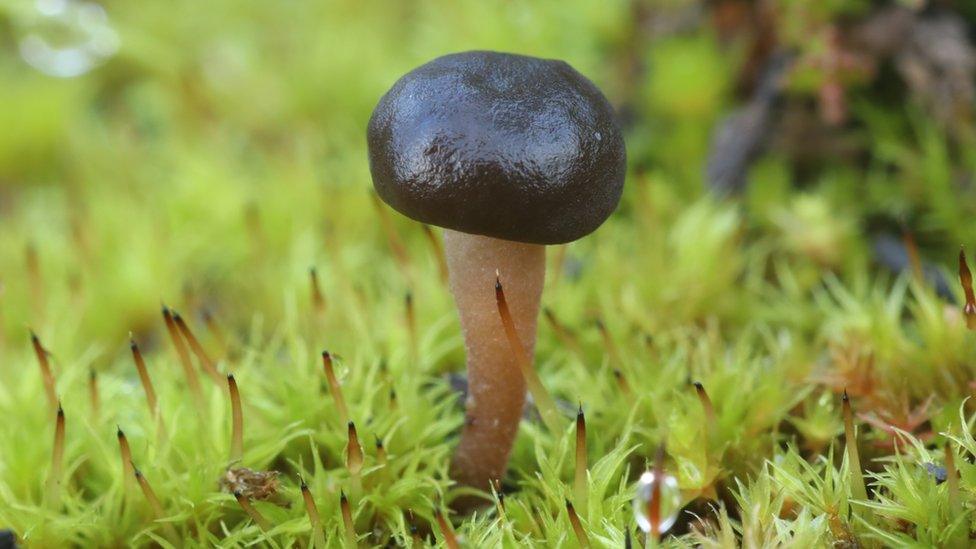Gourmet mushrooms grown from palace coffee grounds
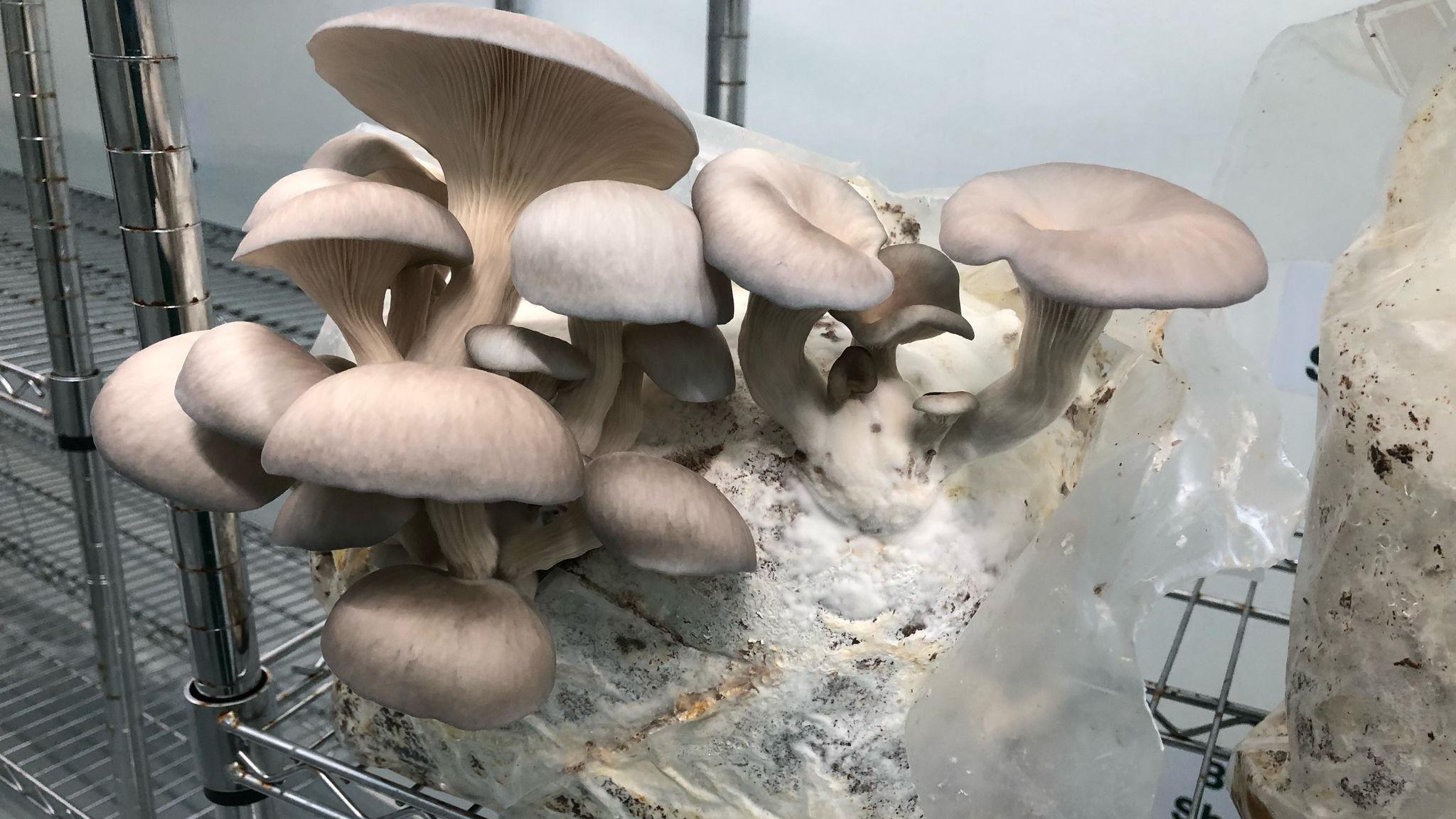
Roy Cox, managing director for Estates at Blenheim Palace, said it was "incredible" to see mushrooms grown using the estate's own organic waste
- Published
Gourmet mushrooms cultivated using recycled coffee grounds from Blenheim Palace have been harvested for the first time.
Lion's Mane, blue-grey, golden and pink oyster mushrooms are being grown on sawdust and the grounds from 440,000 cups of coffee sold annually at the world heritage site in Woodstock, Oxfordshire.
When running at full capacity, the farm in Combe will send 15kg a week to the palace kitchens, with the remaining 85kg distributed through the non-profit group OxFarmToFork, farmers' markets and to local pubs and restaurants.
Roy Cox, managing director for estates, said the mushroom harvest was the "final piece of the puzzle, which completes this self-sustaining circular ecosystem".
The farm consists of three units for preparation of the substrate and its inoculation with mushroom spawn, incubation and fruiting.
It is the latest stage in the Blenheim's collaboration with circular bioeconomy company Tumblebug.
The project unlocks the value of Blenheim's organic waste, such as food, coffee and sheep wool.
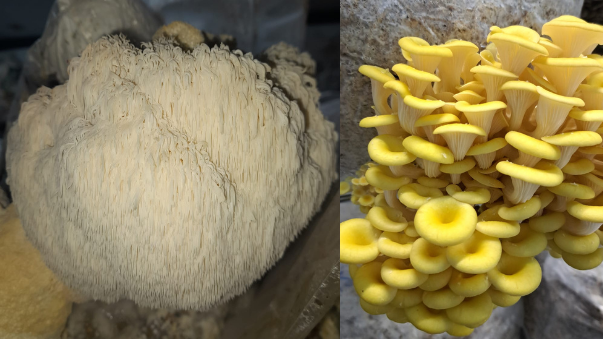
Lion's Mane and golden King Oyster mushrooms are some of the types grown from sawdust and the recycled coffee grounds from the 440,000 cups of coffee sold every year at Blenheim Palace
Once harvested, the spent substrate from the mushroom growing is converted to biochar compost.
Combining biochar, substrate, sheep wool, horse manure and green waste from the gardens the Estate's organic resources are used to enrich its soil.
The compost is then used in the palace's walled garden to grow more produce.
The farm received a five-star food safety hygiene rating from West Oxfordshire District Council.
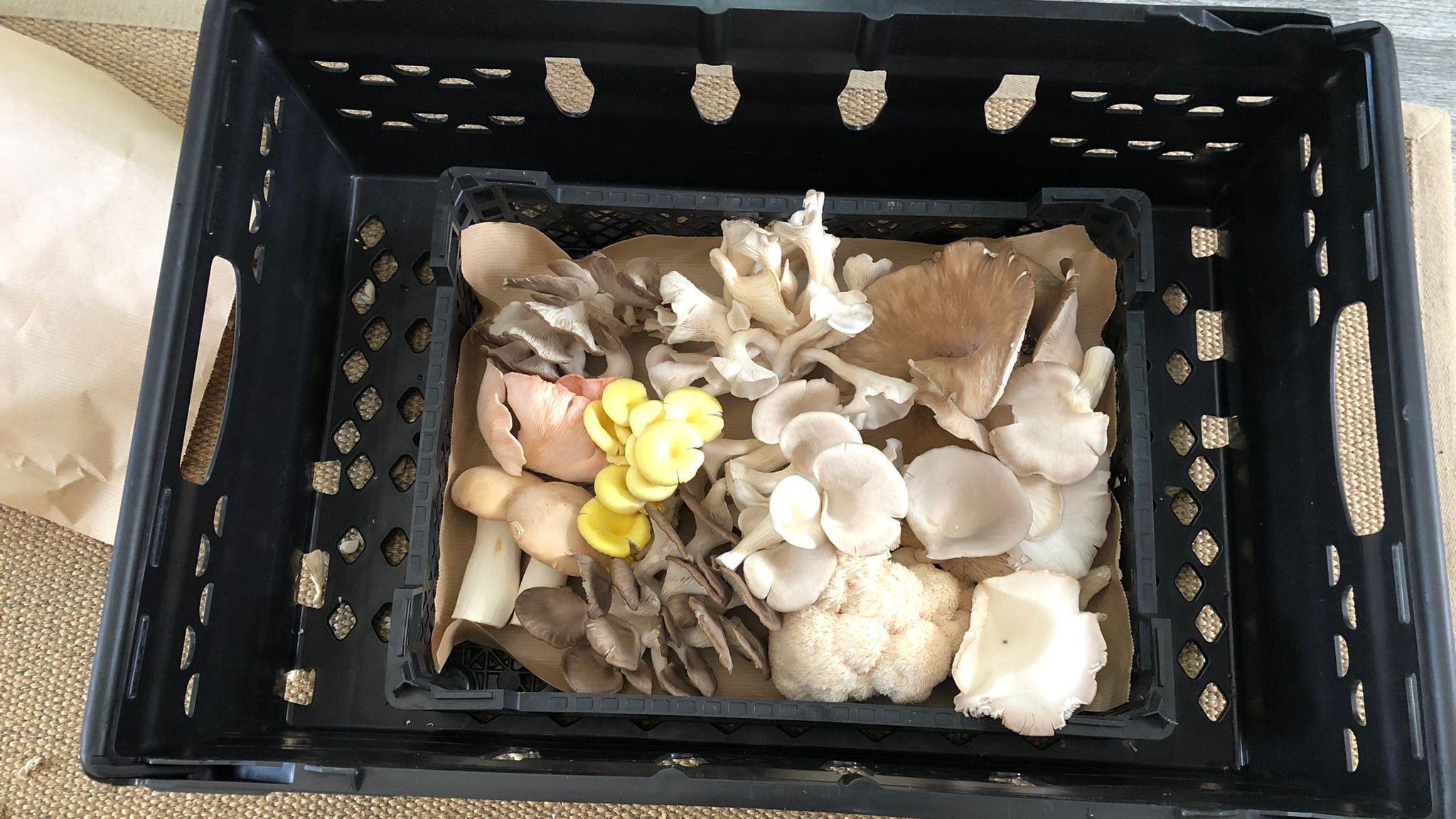
When running at full capacity, the farm will be selling 85kg of its produce through local farmers' markets and the OxFarmToFork project
Get in touch
Do you have a story BBC Oxfordshire should cover?
You can follow BBC Oxfordshire on Facebook, external, X, external, or Instagram, external.
Related topics
Similar stories
- Published21 October 2024
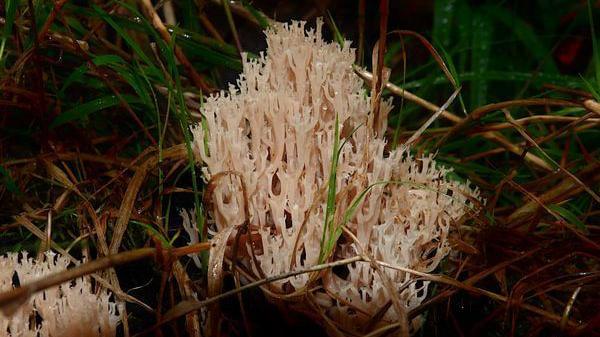
- Published24 October 2024
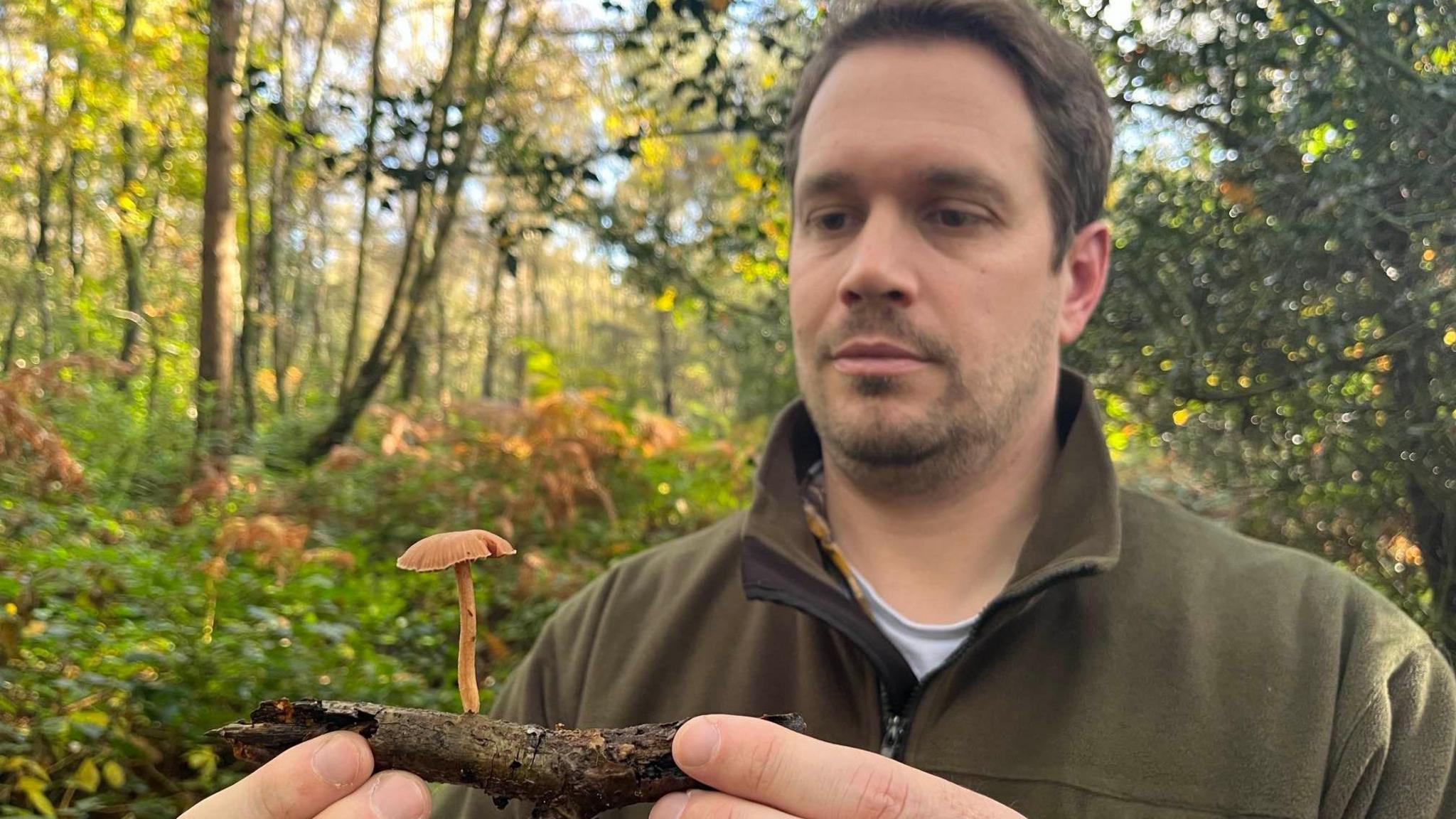
- Published30 November 2023
